Juniper Berries
What are Juniper Berries?
Juniper berries are the female seed cone of the juniper tree. It is a fleshy cone, with merged scales, thus having a berry like appearance. These berries are green in color at a young stage, but later, when they mature, they turn purple-black in color. The juniper berries belong to the family of N.O.Coniferae. Its botanical name is Juniperus communis. It is a since, due to the presence of a primary flavoring agent in gin.
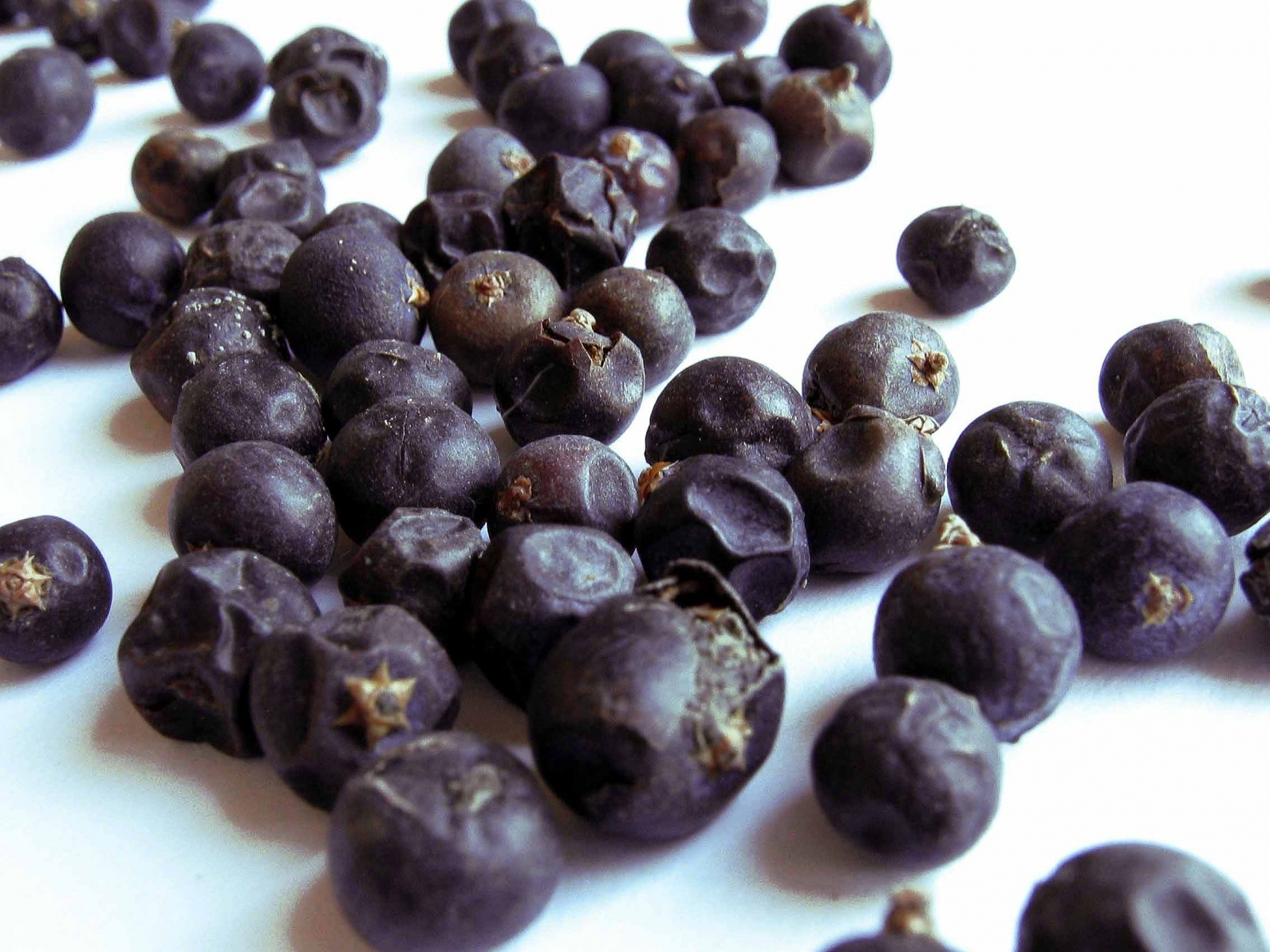
Juniper Berries
Table Of Content
Juniper berries – Other Names
Juniper berries are known by several names in different places. It has the following synonyms:
India – Dhup, Shur
French – Genievre
Italian – Ginepro
Spanish – Enebro
German – Waccholer
The name of Juniper Berry in hindi is Araar.
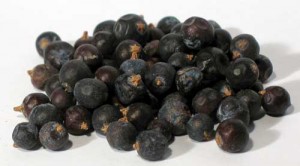 Picture 1 – Juniper Berries
Picture 1 – Juniper Berries
Source – bellirosa.com
Juniper Berry Tree
It is a coniferous tree, which belongs to the family of Cupressaceae. It has which bluish-green branches, and bears small yellow-purplish flowers and three cornered seeds. It is a wonderful and a versatile garden plant. It can tolerate a wide range of growing and soil conditions, as well as certain extent of drought. It is distributed throughout Europe, North America and certain parts of northern Asia.
The tree has thick foliage, commonly used as strewing herb to freshen the stale air, due to its air-cleansing fragrance. The juniper trees very in size, ranging from small to tall trees. Their leaves are needle shaped and scale like. Its seeds are cone like and very fleshy, due to which they appear as berries. The foliage of the tree comes in many colors, ranging from silvery-grey to mauve and purple in some seasons.
Juniper Berries Growing
The juniper trees and shrubs grow mostly in all parts of Northern Hemisphere. All the species of juniper trees produce berries. These plants grow from direct planting of berries, and also from the cuttings from new growth. The trees can grow very well in light drained, impoverished soil. The soil to be selected can be alkaline or acidic. This plant is effective against gravel much and paving.
The berries are picked when they are fully ripe, sometime in late summer or early autumn. When ripe, these berries are very dark in color.
Juniper Berries Harvesting
When the juniper berries are ready to be harvested, you need to spread them on a flat ground, in a sunny place. You can also dehydrate the berries, or place them in an oven. But you should make sure that these berries are used within one year of harvesting.
Juniper Berries Nutrients
Juniper berry is rich in nutrients, and provide many health benefits to the people. They possess many important nutrients, which are as follows:
Vitamins and minerals – juniper berries are rich in vitamin C and Vitamin B. they contain small amounts of calcium.
Volatile Oils – it also contains a substantial amount of volatile oil.
The percentage of various nutrients is as follows:
- Protein- 4%
- Lipid – 16%
- Carbohydrate – 46%
- Fiber – 34%
- Ash – dry weight.
The Juniper Berries health benefits are as follows:
Juniper berries are a natural cure for treating flatulence. The tea that is prepared from these berries is often used to wash the joints so as to relive oneself from joint pain and soreness. It treats gout and other similar conditions. Apart from this, it is used for expelling respiratory problems.
Juniper Berries Substitutes
Juniper berries are excellent flavoring agents, and you may not get the exact flavor on using any other spice or flavoring agent. However there are certain spices that provide almost a similar taste, Gin being one of them. Other distant spices that are used as a substitute for juniper berries may include usage of garlic or onion extracts, so as to give some flavor to the cooked food.
Juniper Berries Uses
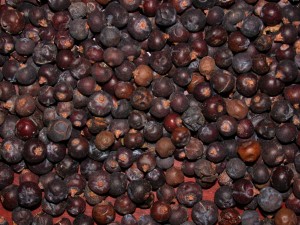 Picture 2 – Juniper Berries Image
Picture 2 – Juniper Berries Image
Source – herb-magic.com
Juniper berries are primarily used as a spice, providing a great flavor to the food. The outer scales of the berries do not contain any flavor, so they are removed while crushing the seed to extract the spice out of it. The spice can be used in a dry state or in a wet state; however the odor is strongest immediately after harvest, so they should be used fresh. They flavor the liquor such as jenever and sahti beers. It flavors the various meat and veal dishes. The juniper berries extract has an antioxidant activity.
Apart from the use of juniper berries in cooking, junipers play a major role as a landscape attraction in various places. The juniper forests are a rich storehouse of wood, fuel, food and shelter for the people living in and around these forests. In Morocco, the tar of these trees is applied in the dotted designs of the drinking cups.
An essential oil that is extracted from these seeds is used in making perfumes and in aromatherapy. Juniper berries healing properties are also too many, it therefore cats as a medication for many ailments. The seeds inside the berries are used for decoration and in jewellery making.
Juniper Berries: Medicinal Uses
Juniper berries are a diuretic. They have many important medicinal uses. Here is a list of juniper berries benefits:
- The consumption of tonics made out of it can act as an appetite increaser. It can also act as an appetite suppressant.
- It also has remedies for Arthritis and Rheumatism. It is being used for treatment against diabetes.
- In some tribal areas, it is used as a female contraceptive.
- It also helps in combating bacterial infections such as prostates, vaginitis and inflamed kidneys.
- It can be used for treatment of lung disorders.
- It is used as a purifier and overall system cleaner.
- Juniper berries have also acted as an old herbal remedy for digestive tract problems.
- The extracts increase peristalsis and intestinal tone.
Juniper Berries Kidney Stones
Juniper berries can be used to dissolve kidney stones in the prostrate. It has some natural healing properties, due to which the person gats cured without the need of surgery to remove the stones.
Juniper Berries Gin
Gin is a kind of white spirit whose flavor is primarily extracted from juniper berries. It is a kind of intoxicant, made from juniper berries by crushing its seeds and thereby obtaining the flavor. Gin is of two kinds: distilled and compound. Gins produced from juniper berries are of the distilled type.
Juniper Berries Recipes
Juniper Berries are used for preparing a wide range of dishes. They enhance the taste and enhance the flavor of many meat dishes. They can be used for seasoning the meat dishes like that of the wild birds – blackbird, woodcock; pork and also game meats. They also compliment the taste of beef.
Some of the traditional recipes that can be cooked with the help of juniper berries are:
- Choucroute garnie
- Alsatian dish of sauerkraut and meat
- Calico carrots
- Brussel sprouts
- Apple and juniper berry
- Cheesy brussel sprouts
- Venison roast
- Juniper Tilapia
- Beef-pork Goulash
Venison Juniper Berries
Juniper berries are effectively used to cook delicious venison recipes. This spice enhances the distinctive flavor of venison due to its woody fragrance. Some of the yummy venison recipes that are cooked with juniper berries are:
- Wild mushroom and venison stroganoff
- Venison and juniper stew
- Pan-seared venison with blue berries, red wine and shallot
- Venison pot roast
Juniper Berries Side Effects
Juniper berries stimulates the uterus, therefore it should not be consumed by pregnant women, as it may even lead to abortion of the fetus in worst circumstances. Those people with severe kidney infection should absolutely not consume it, as it may increase the chances of its severity. Side effects of this spice include certain urinary problems such as purplish urine and blood in the urine; intestinal pain and diarrhea. Juniper oil should never be applied to open wounds as it may result in swelling and irritation.
Juniper Berries Allergy
Juniper berries have certain allergic reactions like most plants. People who are allergic to it may show symptoms of sneezing, rash, coughing and wheezing. People who handle this plant are more vulnerable to these allergies.
Juniper Berry Oil
Juniper berry oil is generally obtained from raw fruit or from the berries. This oil occurs as a pale green or yellowish limpid liquid, having a terebinthic odor. This oil serves many medical purposes. It acts as a diuretic, as a carmintive and for curing certain diseases of kidney. It can be used in combination with lard to prevent irritation from flies. It is also used for the expulsion of uric acids in the joint and gout. It can be used to detoxify and clear congested skin. Sometimes this juniper berries essential oil is also used as a local stimulant.
Juniper Berries Edible
All the species of the juniper trees grow berries, and almost all are edible. But all are not, and some of them are just too bitter to eat. Therefore you should know which kind of juniper berries you can eat. The Juniperus monosperma should not be eaten as it is unpalatable. Even Savin juniper should not be eaten. The rest are pretty much edible.
Juniper Berries Poison
Some varieties of Juniper Berries are poisonous. You should be careful while picking the berries to make sure that the species that you have selected id edible. You should be sure that the species that you have selected is not poisonous in disguise.
Juniper Berry Combination
Due to the special Juniper berries diuretic properties, and because they help in alleviation of fluid retention, there is a special formula prepared, containing juniper berries and certain other herbs that are beneficial for medical purposes. This is the juniper berry combination. It has proved in improving the genital-urinary problems and supporting the kidney.
The juniper berries are nutritionally rich. They provide many health benefits and are excellent when used as a flavoring agent. Try this spice if you still have not. You will surely feel sorry if you miss this amazing spice.
References:
https://www.gardenguides.com/12164756-how-to-identify-juniper-berries.html
http://en.wikipedia.org/wiki/Juniper_berry http://en.wikipedia.org/wiki/Juniper
https://www.botanical.com/botanical/mgmh/j/junipe11.html
https://www.britannica.com/plant/juniper#ref1280670
http://www.apinchof.com/juniper1105.html
- by Simran Goyal
- May 16th 2011

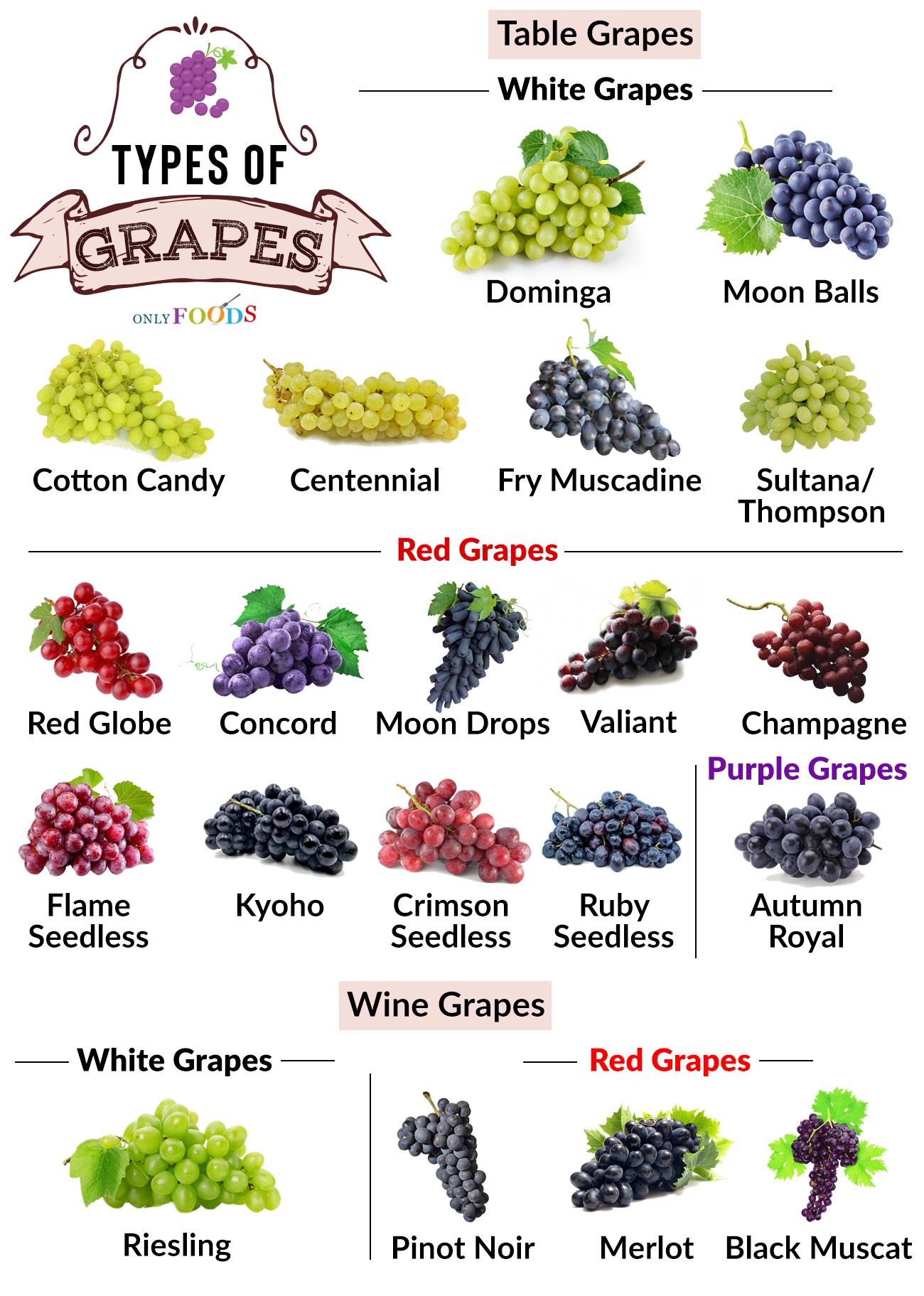
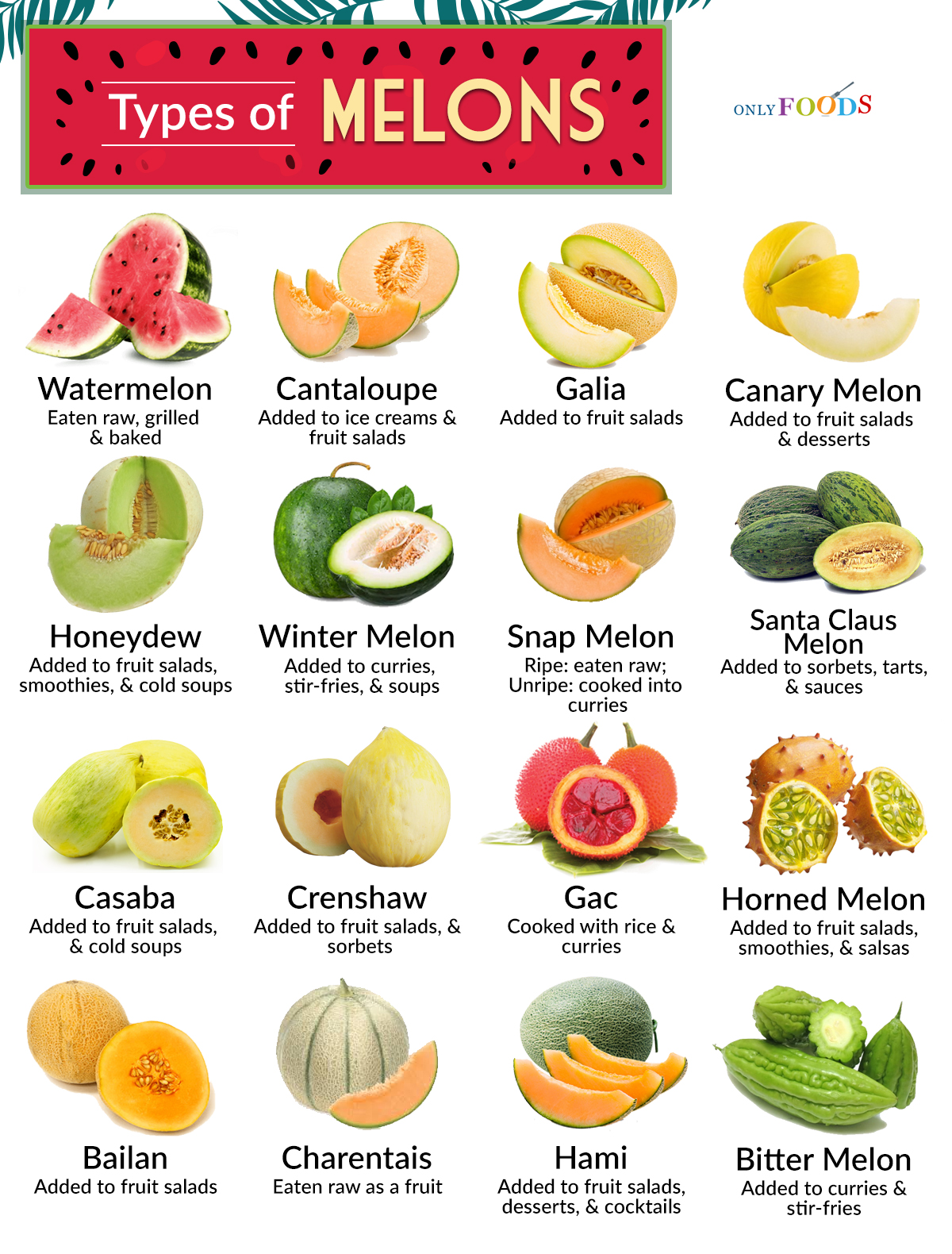
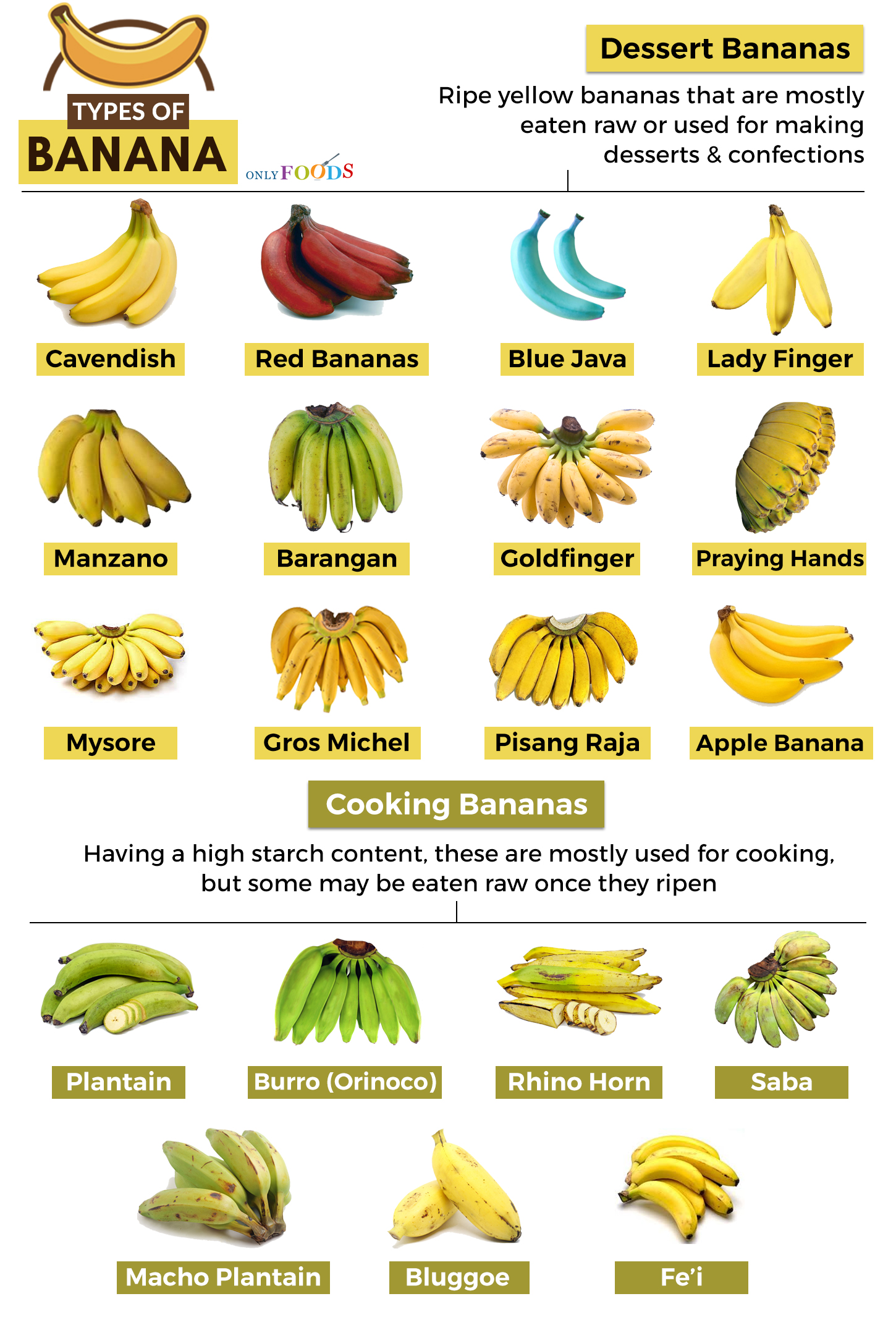
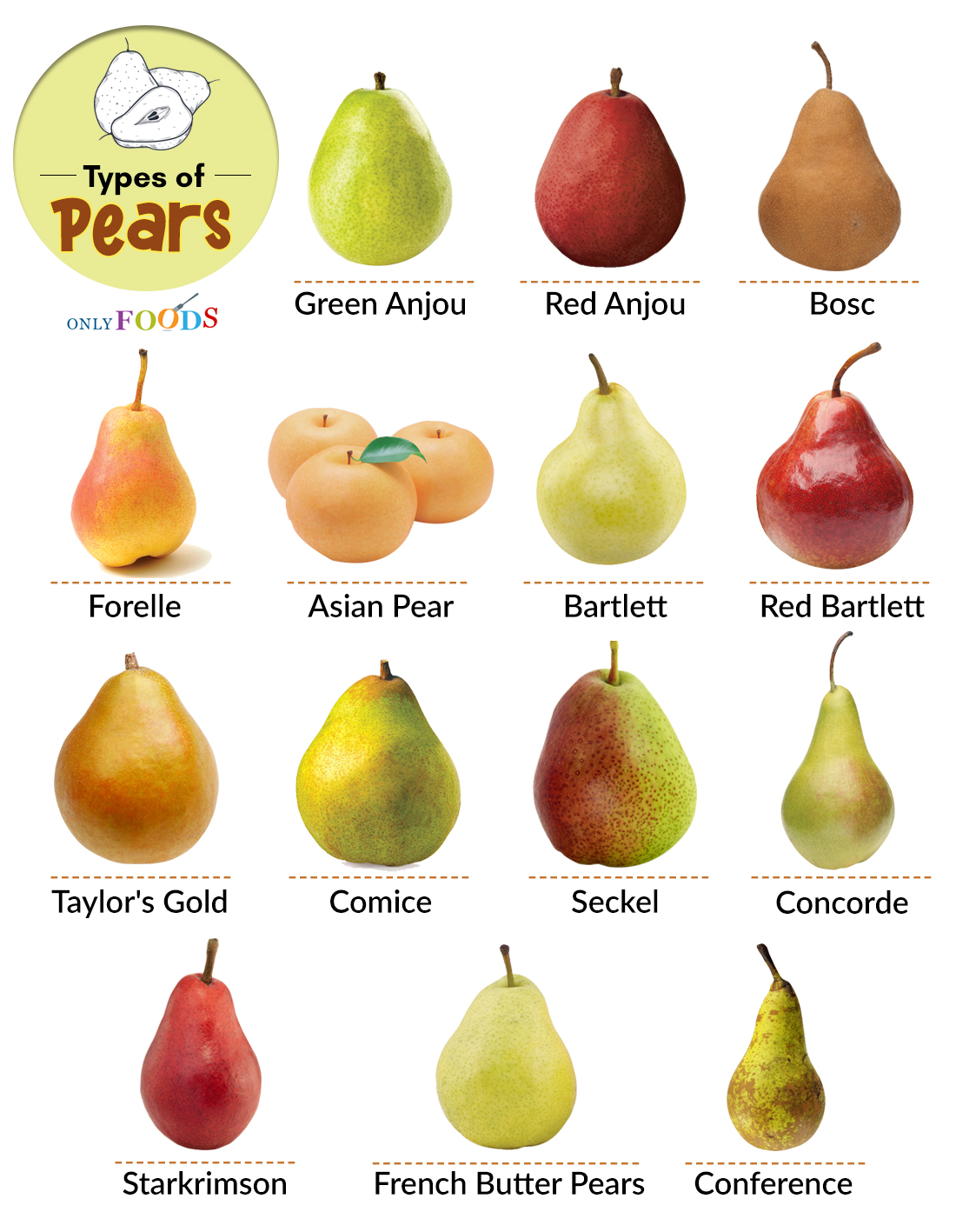

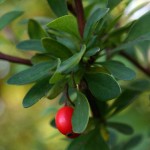
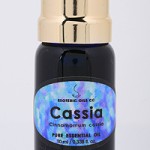
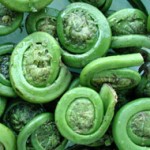
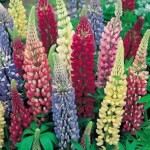
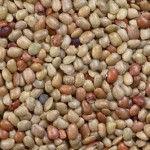
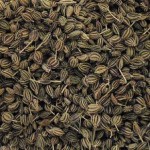

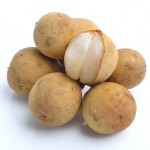

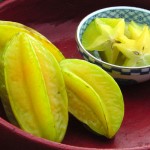
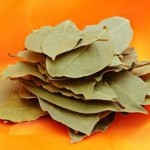
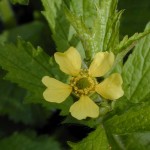
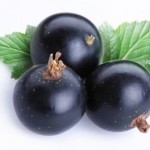
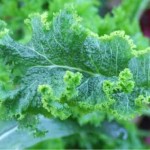
Leave a Reply